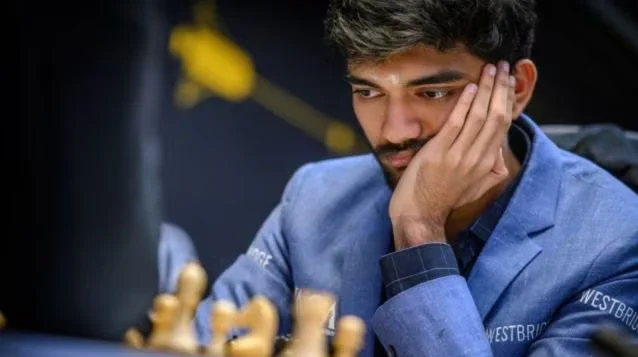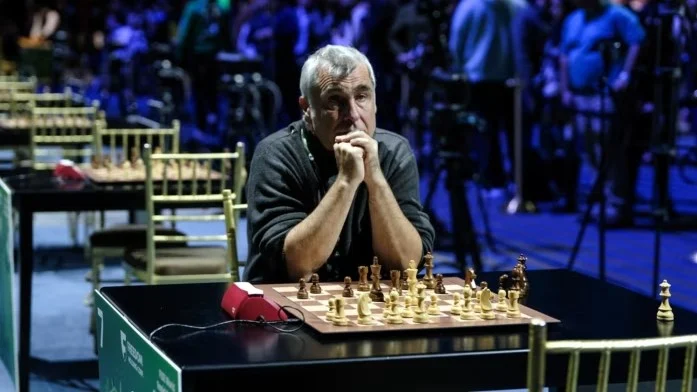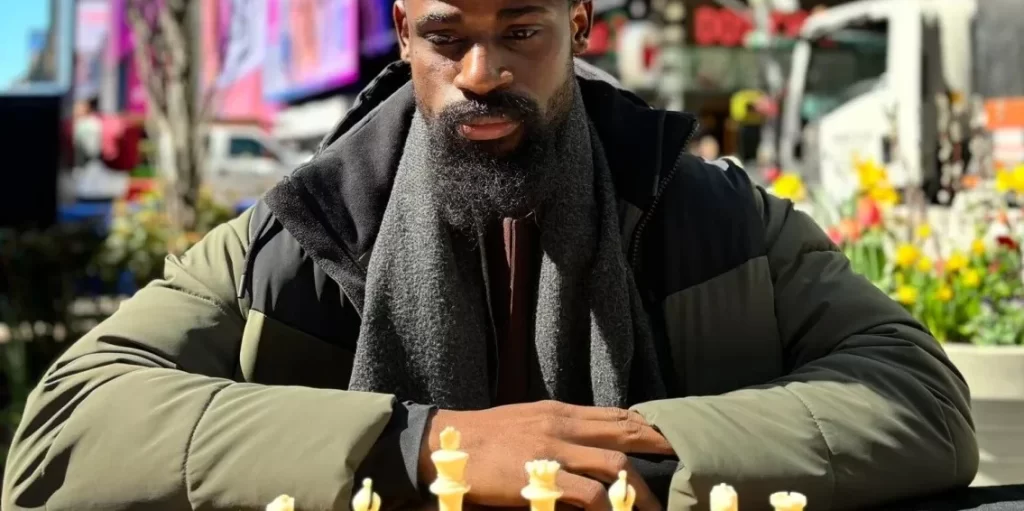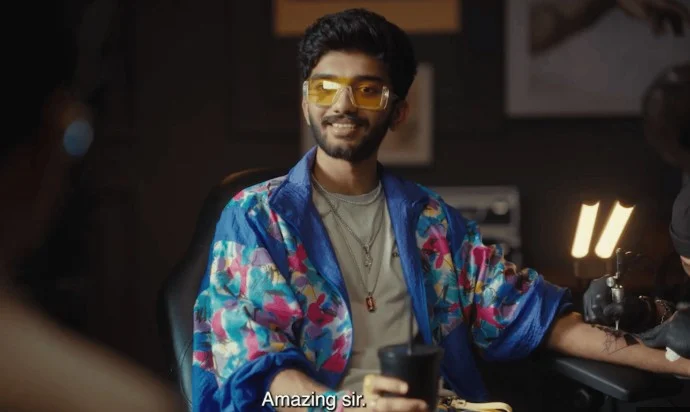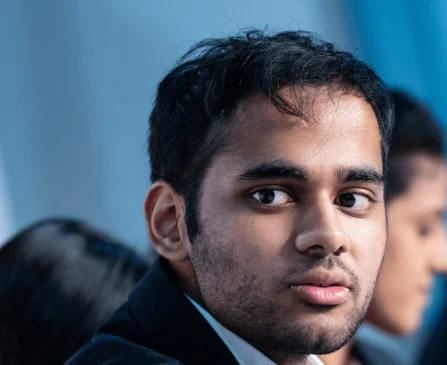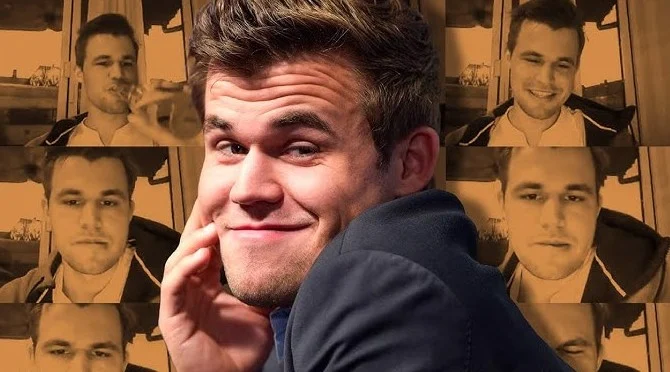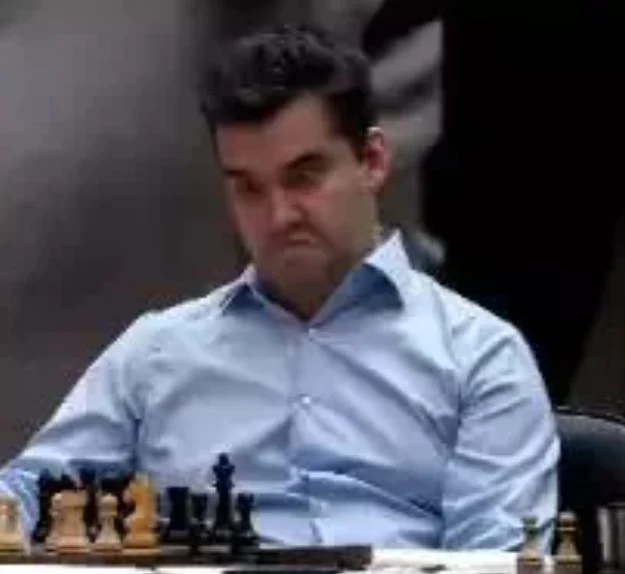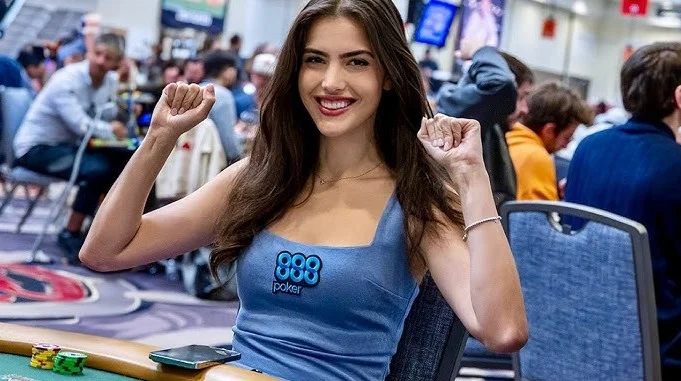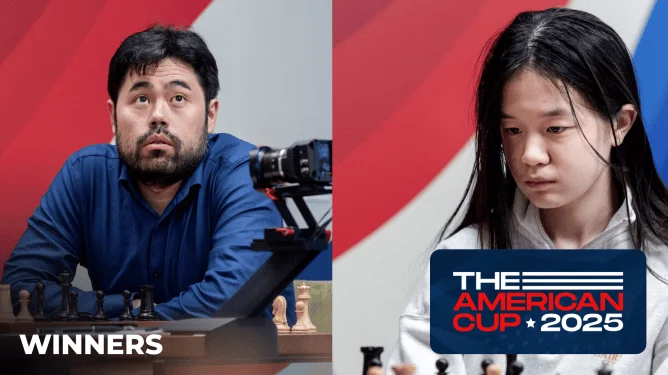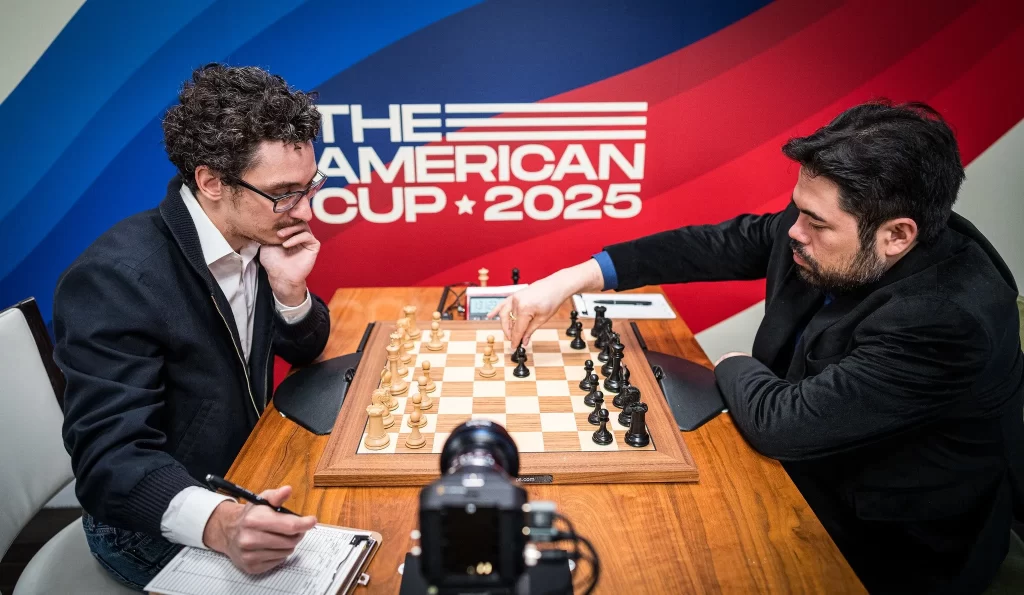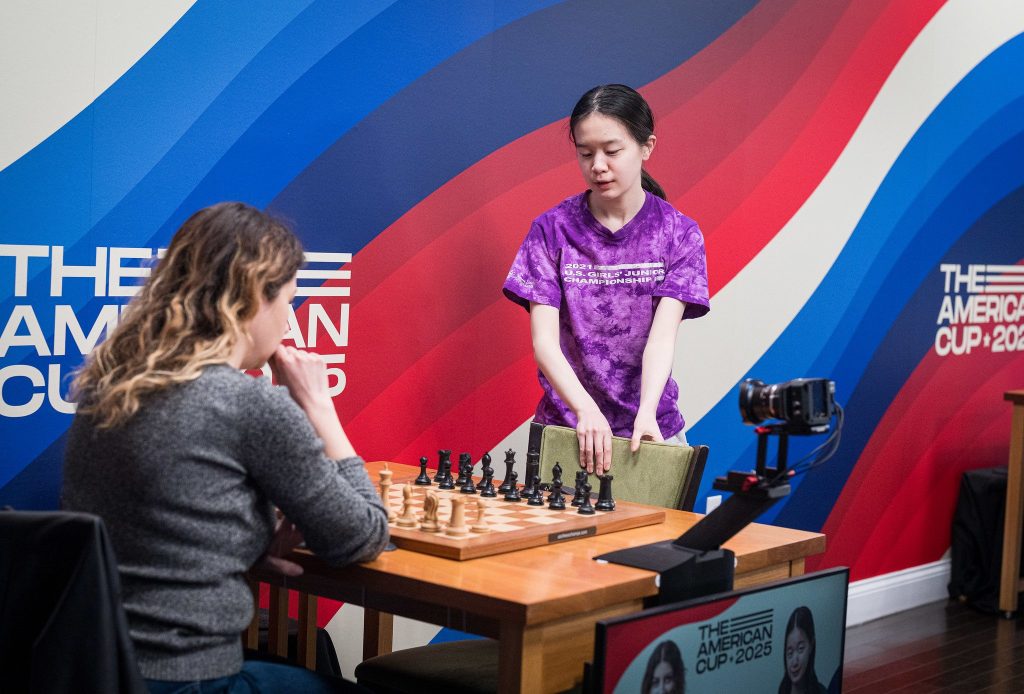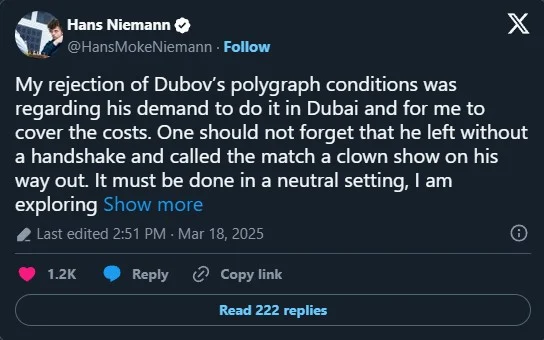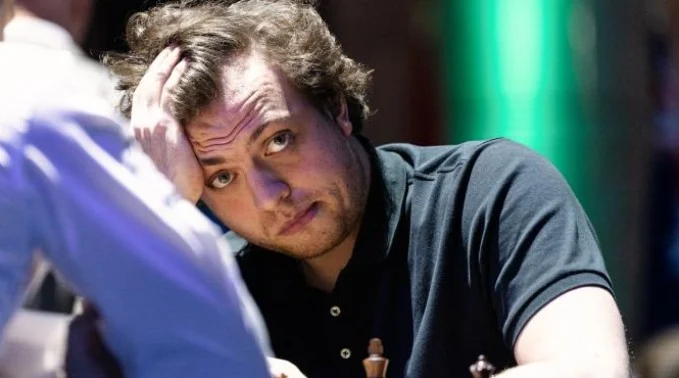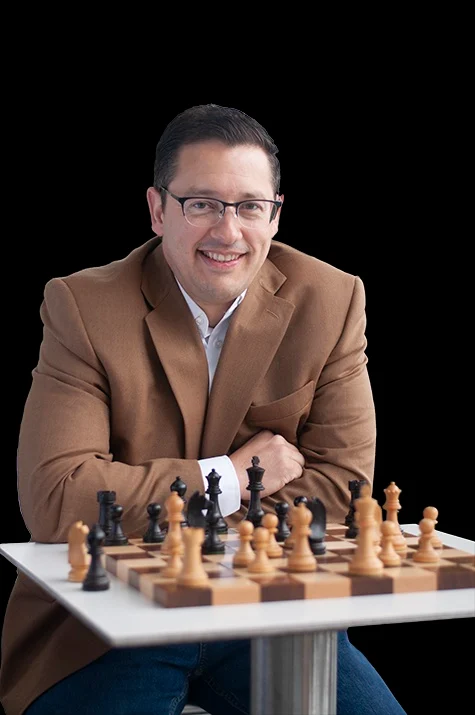
At Summit School of Chess, we’re always inspired by stories of individuals and organizations making a profound impact on the chess community. One such story comes from Sioux Falls, South Dakota, where a national chess master, Elliott Neff, has turned his passion for chess into a global educational movement with his innovative program, Chess4Life. The recent article from Siouxfalls.Business highlights Neff’s journey from the West Coast to Sioux Falls and how his business is reshaping how children learn chess while imparting critical life skills. As a chess education platform ourselves, we at Summit School of Chess are thrilled to dive into this story and explore how it aligns with our mission to make chess accessible, engaging, and transformative for players of all ages.
A New Home for Chess Innovation in Sioux Falls
Elliott Neff’s relocation to Sioux Falls in 2021 was driven by a desire for a community that aligned with his values of personal freedom and responsibility. As the Siouxfalls.Business article notes, Neff and his family were drawn to South Dakota after hearing then-Governor Kristi Noem’s message that the state was open for business. This move wasn’t just a change of scenery—it marked a pivotal moment for Neff’s business, Chess4Life, which has since flourished as a global leader in chess education, all headquartered in Sioux Falls.
At Summit School of Chess, we understand the importance of finding the right environment to foster growth, both personally and professionally. Sioux Falls, with its vibrant and supportive community, has proven to be an ideal base for Neff to expand his vision. His story resonates with us because it underscores how chess can thrive in unexpected places, bringing people together and creating opportunities for learning and connection.
Chess4Life: More Than Just a Game
Chess4Life, as described in the article, is not just about teaching kids to move pieces on a board. It’s a comprehensive educational program designed to instill life skills like focus, sportsmanship, respect, perseverance, patience, and strategic planning. These are the same values we champion at Summit School of Chess, where we believe chess is a powerful tool for personal development.
Neff’s curriculum integrates online video instruction, in-person coaching, tournaments, camps, and a dedicated team of 24 coaches to create a dynamic learning experience. The program’s success is evident in its track record: dozens of national champions and hundreds of state champions have emerged from Chess4Life. But what truly sets it apart is its focus on enriching lives, particularly for children who might feel intimidated by chess’s intellectual reputation. By making chess fun and approachable, Neff is breaking down barriers and showing kids they can excel in the game—and in life.
At Summit School of Chess, we share this commitment to accessibility. Our online and in-person classes are designed to meet students where they are, whether they’re beginners learning the basics or advanced players honing their strategies. Like Chess4Life, we emphasize the life lessons chess teaches, from critical thinking to resilience in the face of setbacks.
Chess as a Tool for Life Skills
One of the most compelling aspects of Neff’s story is how Chess4Life uses chess to teach patience, forward-thinking, and the consequences of decisions. The article highlights a unique chess variation where one player starts with just a king, while the other has a full set of pieces, with the goal of capturing the lone king in 20 moves or fewer. After the game, players switch sides, learning to adapt and think from different perspectives. This approach mirrors real-life challenges, where understanding others’ viewpoints and anticipating outcomes are invaluable skills.
At Summit School of Chess, we incorporate similar principles into our teaching. Our coaches encourage students to analyze their games, reflect on their mistakes, and plan several moves ahead—skills that translate far beyond the chessboard. Whether it’s a young student learning to stay calm under pressure or an adult refining their decision-making, chess fosters a mindset of growth and adaptability.
The article also mentions Chess4Life’s impact at a local Juvenile Detention Center in Sioux Falls, where a grant from the Sioux Falls Area Community Foundation enabled Neff to introduce the program. This initiative highlights chess’s potential to reach underserved communities and teach life skills in environments where they’re needed most. At Summit School of Chess, we’re inspired by this example and are exploring ways to partner with local organizations to bring chess to more diverse audiences, ensuring that everyone has access to its benefits.
From Self-Taught Champion to Global Educator
Neff’s personal journey as a self-taught chess master adds depth to his mission. As a high schooler in Washington, he became a state champion and later competed against world-class players like five-time world champion Vishy Anand. His 3½-hour draw against Anand in a simultaneous exhibition match is a testament to his skill and determination. This background informs Chess4Life’s approach, blending rigorous chess training with a passion for teaching others.
At Summit School of Chess, we draw inspiration from stories like Neff’s. Many of our coaches are accomplished players who bring their expertise and enthusiasm to every lesson. We believe that learning from passionate, experienced instructors is key to helping students reach their full potential, whether they aim to compete at a high level or simply enjoy chess as a hobby.
Why Sioux Falls? A Hub for Entrepreneurship and Community
The Siouxfalls.Business article paints a picture of Sioux Falls as a welcoming, business-friendly community that supports entrepreneurs like Neff. His decision to relocate reflects a broader trend of professionals moving to Sioux Falls for its quality of life, affordability, and opportunities for growth. As the article notes, Neff’s work is creating new in-person chess opportunities in the area, fostering friendships and community connections for local kids like 13-year-old John McDowell, who participates in Chess4Life’s programs.
At Summit School of Chess, we see parallels in our own efforts to build a vibrant chess community. Whether through online tournaments, in-person classes, or community events, we strive to create spaces where players can connect, learn, and grow. Sioux Falls’s support for initiatives like Chess4Life reminds us that chess can thrive anywhere there’s a community willing to embrace it.
Looking Ahead: Growing Chess Education Globally
Elliott Neff’s Chess4Life is a shining example of how chess education can scale globally while staying rooted in a local community. By leveraging online tools and a dedicated team, Neff is reaching children across the country and around the world, proving that chess knows no boundaries. His story encourages us at Summit School of Chess to continue expanding our reach, offering high-quality chess education to students everywhere through our online platform and partnerships.
As we look to improve our SEO and connect with more chess enthusiasts, we’re inspired by Neff’s success in building a global brand from Sioux Falls. By sharing stories like this on our blog, we aim to attract readers searching for terms like “chess education,” “chess for kids,” and “life skills through chess.” We want Summit School of Chess to be a go-to resource for anyone looking to explore the game’s transformative power.
Join the Chess Revolution with Summit School of Chess
Elliott Neff’s journey with Chess4Life is a powerful reminder of why we do what we do at Summit School of Chess. Chess is more than a game—it’s a pathway to personal growth, critical thinking, and community building. Whether you’re a parent looking to introduce your child to chess, an adult seeking to sharpen your skills, or a community leader interested in bringing chess to your area, we’re here to help.
Visit Summit School of Chess to explore our online and in-person programs, sign up for a free trial class, or join one of our upcoming tournaments. Let’s work together to make chess a part of every child’s education, just as Elliott Neff is doing in Sioux Falls and beyond. Together, we can checkmate challenges and inspire the next generation of thinkers and champions.
Source: SiouxFalls.Business, “After move from West Coast, entrepreneur grows global chess education business from Sioux Falls”
Our Summer Chess Camps are the best!
We have daily Online Group Lessons for all players of all skill levels!
Our Monthly Chess Tournaments are great for testing your skills!
Get a School Chess Program today!
Join the official Summit School of Chess Club (on Chess.com)

